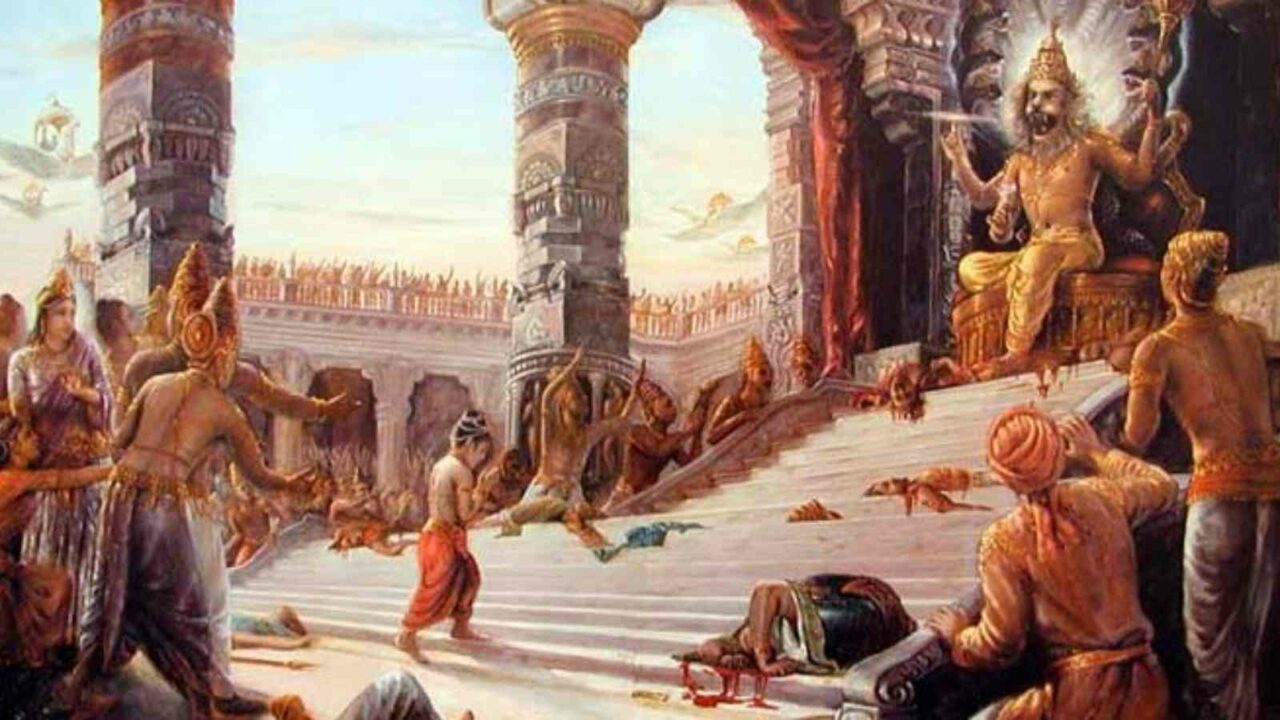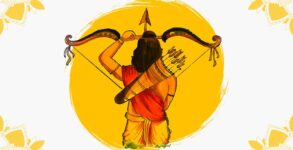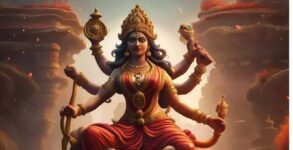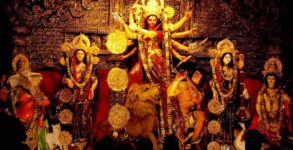Narasimha Jayanti 2023: Narasimha Jayanti is a Hindu festival commemorating the birthday of Narasimha, whom devotees regard as an incarnation of Vishnu. It is celebrated on the fourteenth day of the Hindu month of Vaishakha, which occurs between the Gregorian months of April and May.
Narasimha is the fourth incarnation of Vishnu in Hindu mythology. He was born to the sage Kashyapa and his wife Diti. It is believed that Narasimha appeared on earth to defend his devotees and destroy evil forces, as he is depicted as a lion-man hybrid.
Narasimha Jayanti 2023: Date
Narsimha Jayati will be celebrated on May 4 this year.
Narasimha Jayanti 2023: History
According to Hindu mythology, the narrative of Narasimha Jayanti involves the demon king Hiranyakashipu, who became mighty and tyrannical after receiving a boon from Lord Brahma. The blessing rendered him invulnerable, and he believed he was immortal. Hiranyakashipu opposed the worship of Lord Vishnu and swore to kill his own son, Prahlad, who was a devout devotee of Vishnu.
Prahlad continued to worship Lord Vishnu and refused to forsake his faith despite Hiranyakashipu’s attempts to have him killed. Finally, Hiranyakashipu decided to challenge Lord Vishnu himself and inquired of Prahlad whether his deity Vishnu was present in a nearby pillar. When Prahlad responded affirmatively, Hiranyakashipu struck the column with his mace, and Lord Narasimha emerged.
Being half-human and half-lion, Narasimha was neither human nor animal and had the ability to slay Hiranyakashipu, who had neither boon for death by a living creature nor an animal. By killing Hiranyakashipu, Narasimha saved Prahlad and restored the balance between virtue and evil.
As the celebration of Narasimha’s birthday, Narasimha Jayanti symbolises the triumph of good over evil and the triumph of faith over adversity. On this day, it is believed that worshipping Lord Narasimha can bestow devotees protection, prosperity, and blessings. The festival is commemorated with great zeal and devotion throughout India, but is especially significant in the southern region.
Ambedkar Jayanti 2023: Date, History, Facts about Dr BR Ambedkar
Narasimha Jayanti 2023: Significance
Narasimha Jayanti is a significant Hindu festival that commemorates the birth anniversary of Narasimha. The festival holds great significance for devotees of Narasimha, as it is associated with numerous significant meanings and symbols. The narrative of Narasimha Jayanti is connected to the triumph of virtue over evil. Narasimha incarnated on earth to defend his devotees from the evil-representing, tyrannical demon king Hiranyakashipu. By slaying Hiranyakashipu, Narasimha restored the balance between good and evil and taught the value of standing up for what is right.
On Narasimha Jayanti, it is believed that Narasimha’s blessings are particularly potent. Devotees implore for protection against malevolent forces, good health, and prosperity. To pursue Narasimha’s blessings, numerous individuals observe fasts and visit temples. Lord Narasimha is depicted as a half-man, half-lion creature, symbolising the harmony between power and intelligence. He exemplifies the ideal combination of fortitude, courage, and discretion. Lord Narasimha’s devotees endeavour to embody these characteristics in their own lives.
The narrative of Prahlad’s devotion to Vishnu despite his father Hiranyakashipu’s opposition demonstrates the significance of faith and devotion. Narasimha Jayanti is a reminder to hold firm to one’s beliefs and have faith in the divine’s power. Narasimha Jayanti is a significant Hindu festival that commemorates the triumph of good over evil, the significance of devotion and faith, and Lord Narasimha’s blessings. It is a day to seek divine protection, prosperity, and favours, and to reflect on the qualities of strength, intelligence, and bravery.
Narasimha Jayanti Celebration
On the day of Narsimha Jayanti, devotees fast and consume a single meal the day before. All grains and cereals are forbidden during the Narasimha Jayanti fast. The fast ends the following day, on the day of Parana, according to muhurat. Devotees take sankalp during Madhyahna or afternoon and conduct Narasimha Pujan during Sanyakal before sunset.
On Narasimha Jayanti, devotees of Lord Narasimha pray and perform rituals to seek his blessings for wealth, health, and safety. On this day, many people observe fasts and visit temples to take part in special prayers and rituals. The festival is especially significant in southern India, where it is celebrated with great zeal and devotion.


















